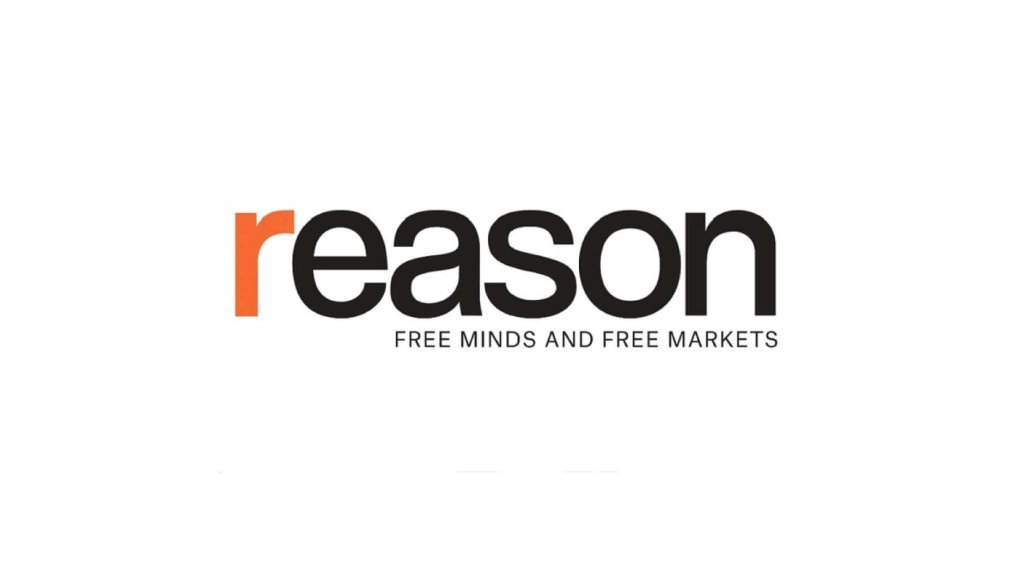Are We Still Living in 1999?
1999: The Year Low Culture Conquered America and Kickstarted Our Bizarre Times, by Ross Benes, University Press of Kansas, 296 pages, $32.99
In 1982, Prince first sang that he planned to party “like it’s 1999.” But on New Year’s Eve of 1998, as MTV counted down to the actual year 1999, it wasn’t the Purple One who performed that song in Times Square. As Ross Benes notes in his new book 1999: The Year Low Culture Conquered America and Kickstarted Our Bizarre Times, it was the nu metal band Limp Bizkit that performed one of the 20th century’s most recognizable dance hits, swapping the original’s synths and funky basslines for chugging guitars and hip-hop breakbeats.
In retrospect, Benes writes, this signaled more than just a programming decision: For Limp Bizkit—”proud sellouts who halfway rap and halfway rock about boning”—to appear on “the youth station as the clocks turned over demonstrated low culture’s domination.”
While not perfect—and weakest when defending its titular premise—Benes’ book makes a compelling case that the most reviled, lowbrow forms of popular entertainment were instrumental in creating many things we enjoy today, and that they also offered an effective remedy for the things we hate.
“Low culture” is defined as popular culture that is less sophisticated and more mainstream, intended to appeal to a broad audience. Benes cites multiple examples, among them video games, Beanie Babies, internet porn, and Jerry Springer; none originated in 1999, but Benes argues that was when they reached their cultural zenith.
In part, this was the result of an increasingly diverse media landscape that allowed ideas to spread more easily, thanks both to advances in technology and a lighter hand from government regulators.
“Consider the interconnectedness of 1990s mass media,” Benes writes. “During the late nineties, print circulation held steady, cable TV added channels and gained subscribers, and the internet emerged. This happened while media conglomerates gobbled up more companies and became increasingly deregulated. The result was a media environment that extended the reach of trashy stories and entertainment through heavy cross-promotion.”
The book isn’t a jeremiad. “While my thesis is that 1999 was the year low culture took over the world, I’m not arguing that its pop culture was uniformly trash,” he writes. In fact, 1999 saw the premieres of numerous respected cultural achievements, including such films as Magnolia and Office Space and such TV shows as The Sopranos. But “despite this revered entertainment, low culture was plenty in-demand. And these lowbrow products teach us most about the world.” In fact, the year’s most honored film at the Oscars, American Beauty—winning five prizes, including Best Picture, Best Director, and Best Actor—was itself partly based on the story of Joey Buttafuoco, the Long Island mechanic whose teenaged paramour shot his wife in 1992, yielding tabloid fodder for years to come.
Jerry Springer’s eponymous talk show was the apotheosis of trash TV. The show reveled in the lurid and distasteful. An episode’s guests might be siblings who were dating the same person—or each other. Salacious details once only whispered about were now syndicated on weekday afternoons. Segments routinely turned into fistfights, with the live audience whooping and hollering like they were watching professional wrestling (which also got more popular in the late 1990s and gets its own chapter in the book).
Benes uses Springer’s show to demonstrate the ’90s trend toward lowbrow, cheaply produced content that eventually led to the explosion of reality sho
Article from Reason.com

The Reason Magazine website is a go-to destination for libertarians seeking cogent analysis, investigative reporting, and thought-provoking commentary. Championing the principles of individual freedom, limited government, and free markets, the site offers a diverse range of articles, videos, and podcasts that challenge conventional wisdom and advocate for libertarian solutions. Whether you’re interested in politics, culture, or technology, Reason provides a unique lens that prioritizes liberty and rational discourse. It’s an essential resource for those who value critical thinking and nuanced debate in the pursuit of a freer society.



